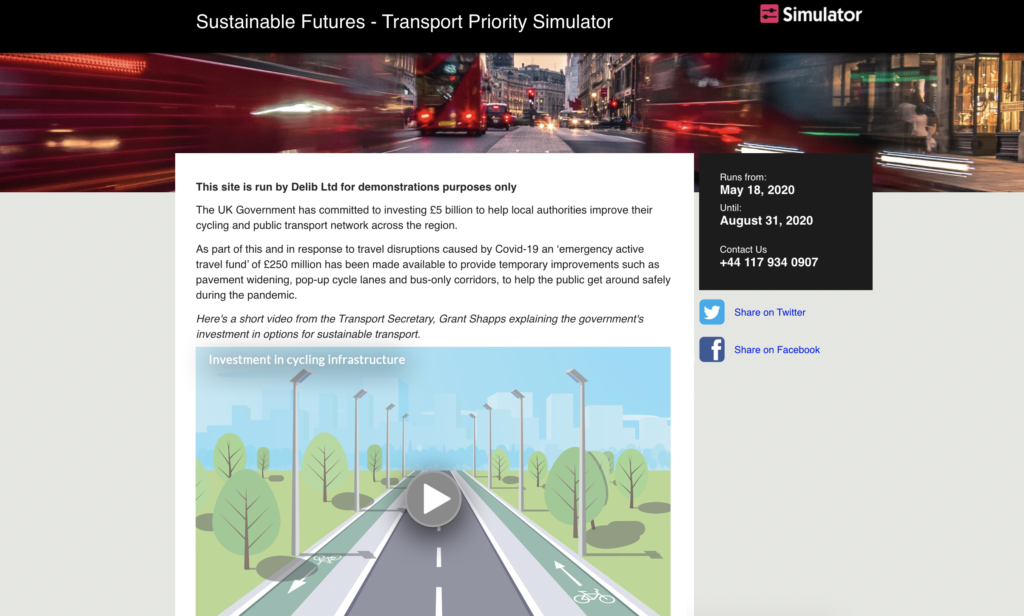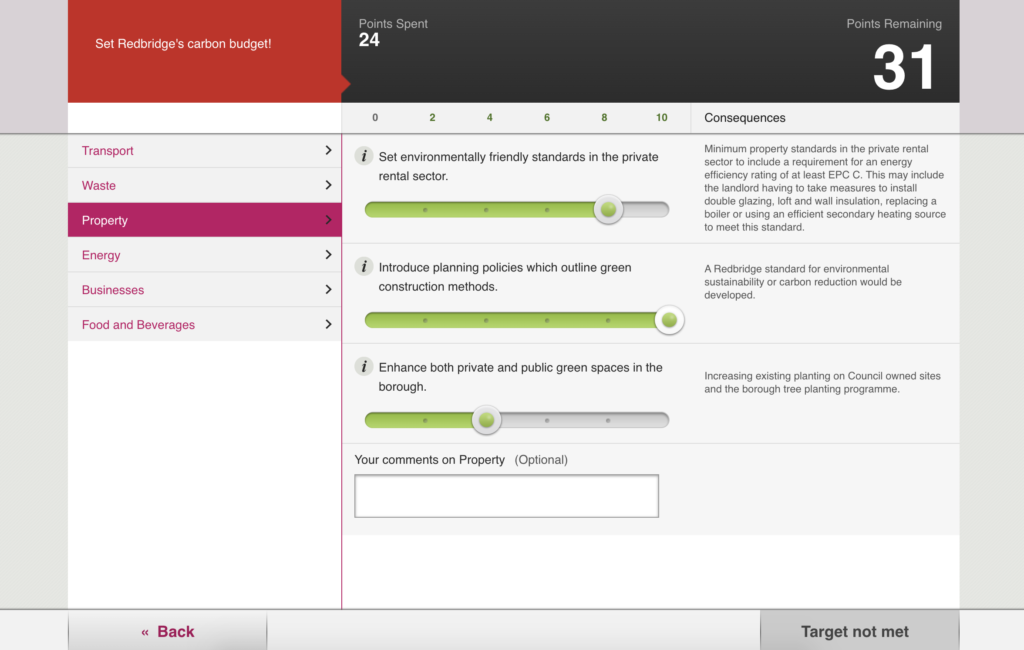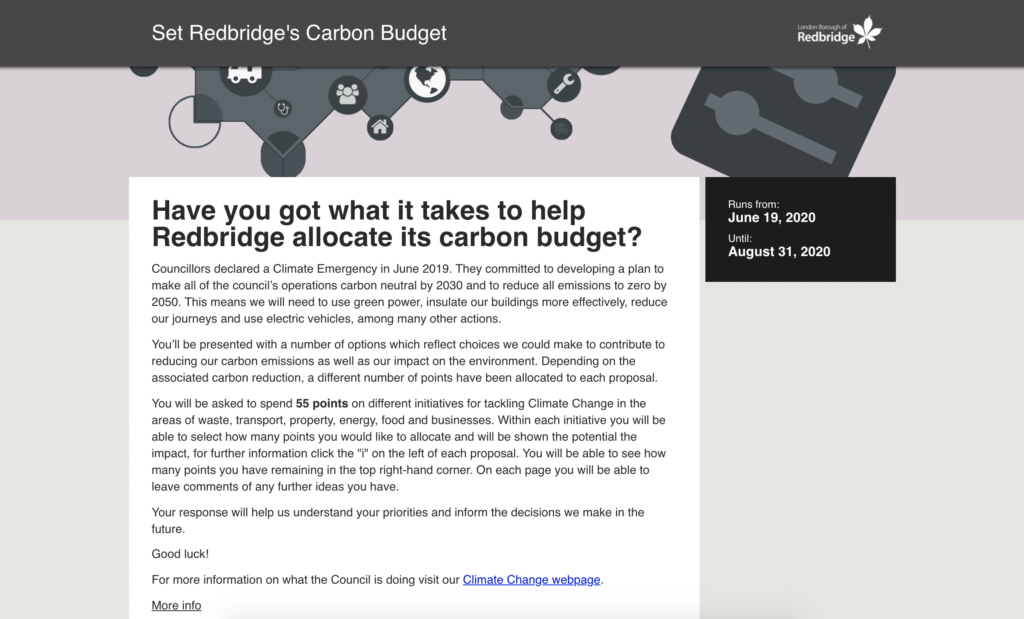
While COVID lockdowns around the world were at their peak, many urban residents noticed that their cities were much quieter, cleaner, and more peaceful than they’d been in recent memory. Residents reported hearing birdsong more clearly than they could before. In Wales, a town was taken over by goats; deer wandered through residential estates in London.
The brief period of eerie calm was an indicator of what a greener, cleaner world could look like, and prompted calls from campaigners and politicians to ‘build back better’: to not rush back to the world as we knew it in the scramble to get the economy going again, but rather to use these circumstances as an excuse to shape a more climate-friendly existence once we emerge from the Coronavirus restrictions.
There have been steps in this direction already, with some cities declaring more priority for cyclists and pedestrians among other measures. It’s been roughly a year now since the flurry of local authorities declaring a climate emergency, and as we transition out of lockdown across the country, residents will be keen to hold their councils to account on their promises.

It won’t be easy. COVID-19 has had a devastating impact on already-slammed council finances, and we won’t fully understand the scale of that impact for a few months yet, although some councils are already starting to consult on emergency budgets. In order to properly fulfil their obligations to their people and the planet, local authorities will need to engage extensively with the public on complex issues, such as how to balance climate obligations with overstretched finances, or ways to improve public transport without building further infrastructure.
There’s also the issue that consulting face-to-face still isn’t an option while the virus is a threat, so events like drop-in sessions, citizens’ assemblies and town hall-type meetings won’t be possible. Consulting on these issues will need to be carefully considered and conducted mostly online if progress is to be made any time soon.
Digital deliberation is one way of bringing the public on board while staying safe. Simulator is a digital priority-setting tool that allows for meaningful citizen input on complex issues such as the ones mentioned above. Built-in constraints and impact statements enable ordinary citizens to understand the difficult tradeoffs that policy-makers have to balance when it comes to complex decision-making.

Rather than traditional consultation, in which respondents usually comment on a prepared set of options, Simulator enables the public to effectively try their hand at setting out a climate or transport plan and submit their priorities and preferences. And because the tool educates at the point of response, there’s no prior knowledge required.
The London Borough of Redbridge is using Simulator to ask its residents to set a ‘carbon budget’. In doing so they will help the borough plan for a greener, more environmentally friendly future.

The unique and meaningful insight captured by Simulator has been used to inform decisions around the world, from policing priorities in Northern Ireland to managing budget shortfalls in Wichita, USA.
Want to find out more about what Simulator can do for your organisation? Book a free demo and we’ll walk you through it.